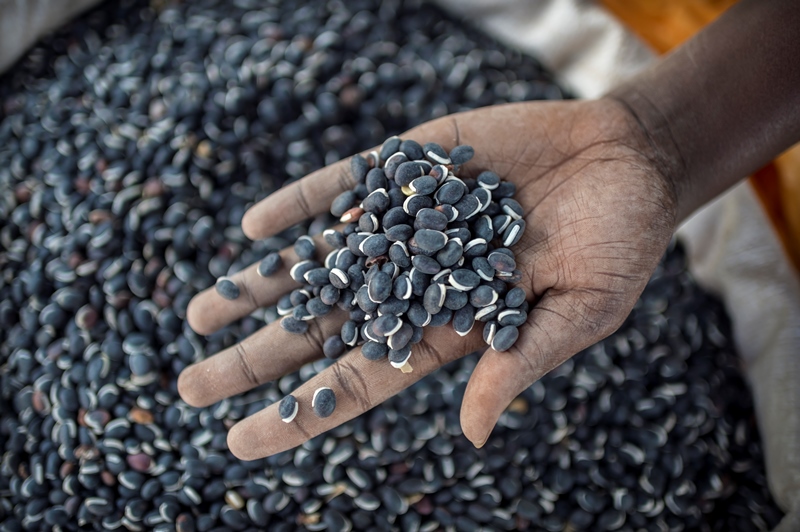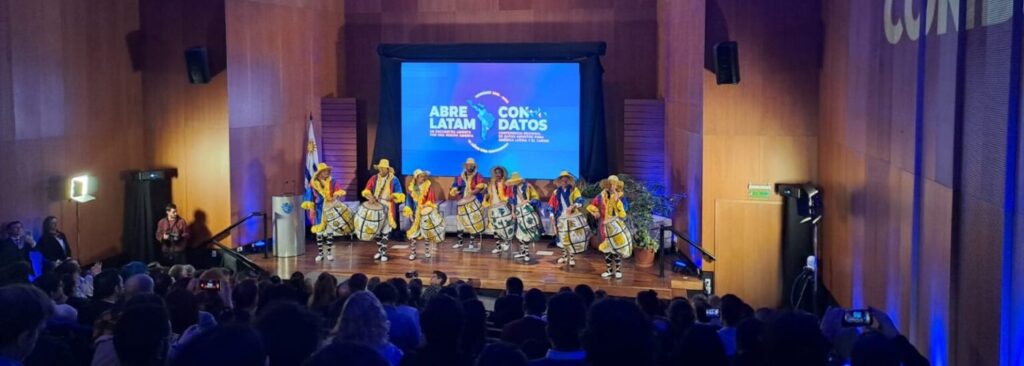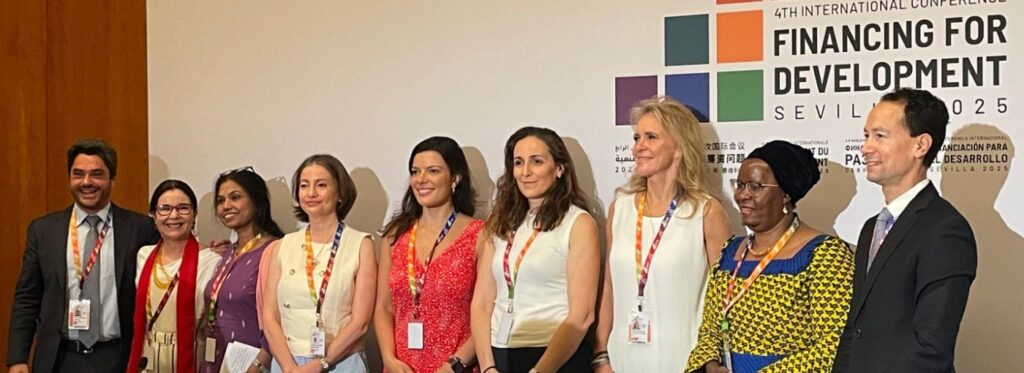Hey you…
Do you know me?
Do you know my name?
Or where here I am from or the gifts I proclaim…
Life – health –wellness
You should feel my need in these great times we live
They have dropped some of us along the way –
We were not fit they would say…
One by one… we would become yesterday
Poetry by: Namasti Lukoye
This year’s World Biodiversity day, theme: Our Biodiversity, Our Food, Our Health is not far off from the linkage between the food we consume and the shrinking diversity of seeds globally.
A clear consensus has been reached on the connection between Biodiversity, Food and Health. In order to perceive the role of seed, a key pillar of biodiversity, it is important to intricately understand how small scale farmers who produce more than 70 per cent of our food, access, use, save and share seed and contribute to food and nutrition security.

Seed supply systems in agriculture consist of the formal and farmer managed seed systems also referred to as informal seed system which exist and interact simultaneously. A key feature of the farmer managed seed system is the widespread practices of saving, sharing, replanting and exchanging and selling seed. While the formal seed system and purchase of seed is common; the farmer managed seed system is particularly important as farmers’ varieties with preferred characteristic and with adaptation to local conditions can be obtained. Genetic resources are ideally conserved ‘on farms’ managed by farmers, which is also referred to as ‘insitu’. Insitu can also occur in the wild in natural habitats, while ‘exsitu’, on the other hand is collected and conserved in offsite facilities. The Second Report on State of the World’s Plant and Genetic Resources for Food and Agriculture states that many country reports indicated that “informal seed systems remain a key element in maintenance of crop diversity on-farm. It also clarifies that though farmers’ preferences for traditional varieties are for varied reasons such as tradition, basic preference, local adaptation and niche market, important diversity continues to be maintained in famers’ fields and efforts to improve management and use have gained much more ground in the past decade.
The International Treaty for Plant and Genentic Resources for Food and Agriculture (ITPGRFA), where Kenya is a signatory, recognizes the enormous contribution that farmers and their communities have made and continue to make to the conservation and development of plant genetic resources. The treaty in its preamble recognizes the farmers’ rights as right to save, use, exchange, sell farmer-saved seed and participate in decision making and equitable sharing of benefits arising from the use of plant genetic resources. The treaty bestows the role of realization of these rights upon National governments.
Most countries including Kenya have certain provisions in their constitution, which recognizes and calls upon parliament to enact legislations to protect the ownership of indigenous seeds and plant varieties, their genetic and diverse characteristics and their use by the communities of Kenya. While, attempts have been made to have these in place within the timeline set in the constitution, there is need to consider how this will be operationalized. This includes being dynamic to the fact that stakeholders may not have an appreciation of the farmer managed seeds and seed systems and generally consider it as inferior within the current policy and legislative framework. The legislative framework is largely based on the International Convention for the Protection of New Plant Varieties, where concerns have been raised on restrictions that may reduce the effectiveness of farmer managed seed systems. There is need for policy and legislation reviews at National and Regional level to have these issues addressed to allow the farmer managed systems to continue contributing to maintenance of crop diversity as it has in the past. Other supportive initiatives such as establishment of seed-banks and institutions such as genetic plant resource centers should also be prioritized.
Access to food is a fundamental human right enshrined in Constitutions including the Kenyan Constitution in Article 43 “Every person has the right to be free from hunger, and to have adequate food of acceptable quality.” Without access to diverse, affordable seed and the ability to save, select and share seed a farmer cannot fully attain and or contribute to food and nutrition security.
About Open Source Seeds
This program seeks to increase the availability of nutritious and climate-resilient seeds and to ensure farmers have freedom of choice by preventing exclusive or monopolistic rights on knowledge and genetic resources for food and agriculture. It is jointly implemented with Bioversity International and funded by Benefit Sharing Fund of the FAO Plant Treaty and the Open Society Foundation.




